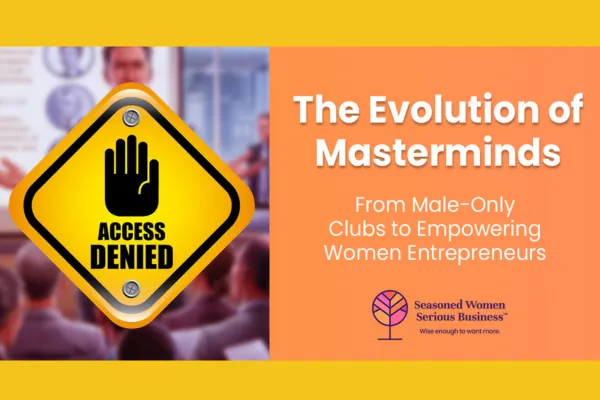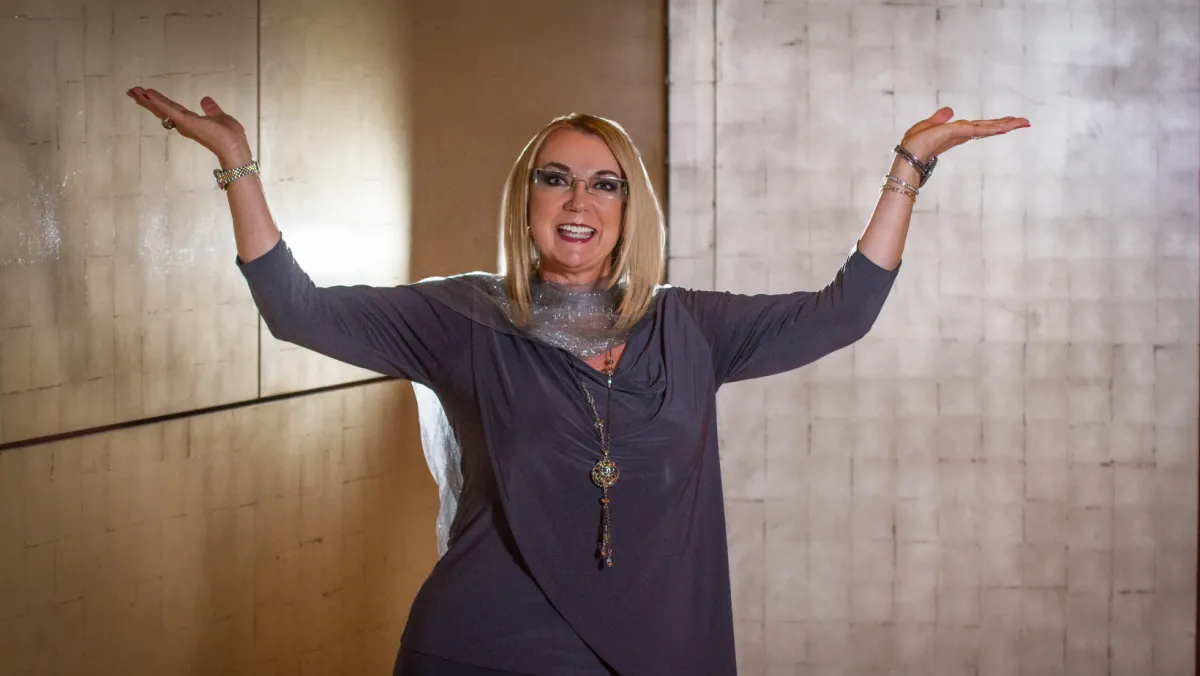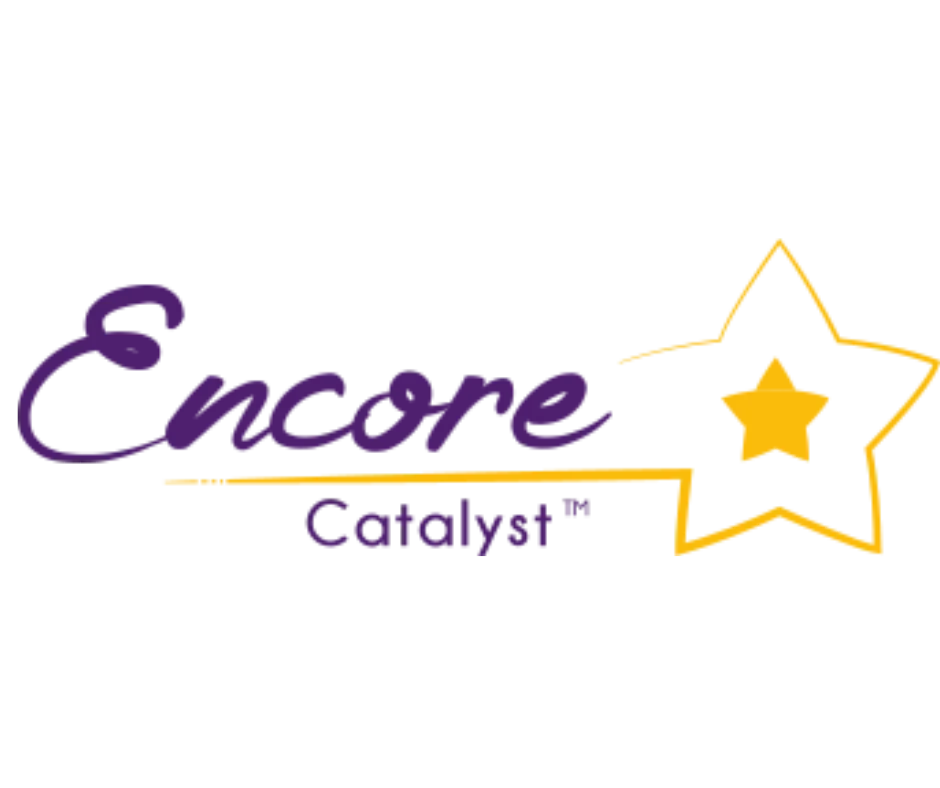WELCOME TO ISABEL'S BLOG
Welcome to The Encore Catalyst blog, where we're here to ignite the fire within you, the unique entrepreneur who's ready to carve her own path in the world. I'm your guide and catalyst, and I believe in one simple truth: You do not have a personal life and a professional life. You have one whole life and it is yours to design!
Our mission here is clear: to be your source of inspiration, the toolkit for your journey, the fountain of ideas, your unwavering support, and a dash of perfectly timed humor to keep your spirits high.
If you've journeyed with me this far, it's because we share a vision. And I encourage you, without hesitation, to join our vibrant community by signing up here. You will be the first to know when new witty, intelligent, and genuinely valuable content is shared.
Don’t worry, we have a no-hassle policy and you can easily unsubscribe anytime.
Join us today and say more to the things that you want in your life!
Subscribe today and embark on this incredible journey with The Encore Catalyst!

The Evolution of Masterminds: From Male-Only Clubs to Empowering Women Entrepreneurs

The Evolution of Masterminds:
From Male-Only Clubs to Empowering Women Entrepreneurs
The concept of the "mastermind" has become a familiar part of our professional lexicon, often hailed as a powerful tool for achieving personal and business success. But have you ever wondered where this idea originated, who first coined the term, and why it was initially exclusive to men?
As we prepare to release a new episode of the Seasoned Women Serious Business podcast, focusing on the transformative power of masterminds, I wanted to explore the history of this concept and its relevance to women entrepreneurs today.
The Origins of the Mastermind
The term "mastermind" was popularized by Napoleon Hill in his seminal 1937 book, Think and Grow Rich. Hill described a mastermind group as the "coordination of knowledge and effort, in a spirit of harmony, between two or more people, for the attainment of a definite purpose."
According to Hill, when minds come together, they create a third, more powerful mind—a "master mind"—capable of extraordinary achievements.
Hill’s concept was heavily influenced by his interviews with some of the most successful men of his time, including Andrew Carnegie, Henry Ford, and Thomas Edison.
These men, along with others in their circles, formed exclusive groups where they could exchange ideas, discuss strategies, and support each other's ambitions. These gatherings were typically male-only, reflecting the societal norms of the early 20th century.
The Early Beneficiaries of Masterminds
Many of history's most renowned businessmen attributed their success, at least in part, to participation in mastermind groups.
Andrew Carnegie, the steel magnate, famously used the power of mastermind alliances to build his empire, drawing on the collective wisdom of his peers.
Henry Ford, with the guidance and collaboration of his mastermind partners, revolutionized the automotive industry.
These men understood that by surrounding themselves with like-minded individuals, they could amplify their own abilities and achieve far more than they could alone.
A Male-Dominated Tradition
For much of its early history, the mastermind concept was a male-dominated tradition, closely tied to the business and social clubs that were common in the early 20th century. These clubs served as exclusive spaces where men could network, share ideas, and forge alliances that would shape industries and economies.
Women, meanwhile, were often excluded from these formal networks. However, this didn’t mean they were without their own forms of collaboration and collective wisdom.
Throughout history, women have found creative ways to support each other, whether through quilting bees, church groups, or informal gatherings that allowed them to share knowledge and resources. These female-centric spaces provided a foundation for the later adaptation of the mastermind model.
The Rise of Female Masterminds
As women began to break into the business world in greater numbers, particularly in the latter half of the 20th century, they started to adapt the mastermind concept to suit their needs. The traditional male model, with its focus on competition and hierarchy, was transformed by women into a more collaborative and inclusive approach.
Women’s mastermind groups often emphasize empathy, emotional intelligence, and a holistic view of success—qualities that are sometimes overlooked in more traditional business settings.
These groups provide not only strategic support but also a safe space for women to be vulnerable, to share their challenges, and to uplift one another.
Feminine Characteristics that Enhance Masterminding
There are several characteristics traditionally associated with women that make them particularly well-suited to the mastermind format:
Empathy: Women tend to excel at understanding and sharing the feelings of others, which fosters deeper connections and more meaningful support within mastermind groups.
Collaboration: Women often prioritize collective success over individual achievement, making them natural collaborators who can create a harmonious and productive group dynamic.
Communication: Effective communication is key to successful masterminding. Women’s ability to articulate ideas clearly, listen actively, and provide constructive feedback enriches the mastermind experience.
Resilience: Women’s resilience, honed through navigating both personal and professional challenges, brings a unique strength to mastermind groups, helping members persevere through setbacks and continue striving for their goals.
The Modern Mastermind: A Tool for Everyone
Today, mastermind groups are no longer the exclusive domain of men. Women across industries are creating their own mastermind circles, benefiting from the collective wisdom and support that these groups offer.
These modern masterminds are diverse, inclusive, and reflective of the evolving nature of business and leadership.
As someone who has been part of a powerful mastermind group for the past six years, I’ve seen firsthand how this model can drive growth, innovation, and personal transformation. The connections I’ve forged and the insights I’ve gained from my mastermind partners have been invaluable.
Join the Conversation
In our upcoming podcast episode 113, “Mastermind Magic: Vulnerability, Vision, Victory”, we delve into the transformative power of masterminds, sharing our own experiences and the lessons we’ve learned over years of collaboration. I invite you to listen to the full episode or watch it on YouTube, where we explore the nuances of building and sustaining a successful mastermind group.
But more importantly, I invite you to share your experiences.
Have you been part of a mastermind?
What challenges and triumphs have you encountered?
How has your mastermind group impacted your personal and professional life?
Do you want to start a mastermind group?
Your stories and questions could inspire our follow-up episode, where my mastermind partners and I will dive deeper into this topic.
Leave a comment, share your thoughts, or reach out to hello@theEncoreCatalyst.com.
Together, we can continue to explore how masterminds can empower women to achieve even greater heights.
Let’s keep climbing together!
Grateful Mastermind Beneficiary
Isabel Alexander
Subscribe to Seasoned Women - Serious Business Podcast on major podcast platforms and YouTube (@theencorecatalyst) and turn on Notifications so you don’t miss this episode (airing August 14,24) or future episodes about masterminds.
Send your questions and comments to Hello@TheEncoreCatalyst.com. We Love Mail!

Isabel Alexander
Women of Influence Award, Canada’s Top 100 Business Women, Profit Magazine
I will guide you to reclaim time and energy and focus on actions that support the lifestyle and interests that you love.
Headquarters: Scottsdale, AZ
Email: info@theencorecatalyst.com





